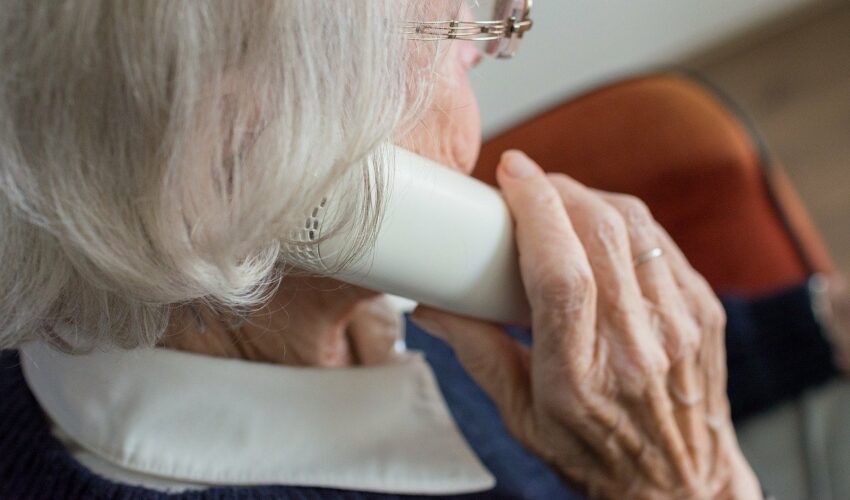When a loved one passes away, managing what happens to their money might not be at the top of your priority list but it’s an important process that you will eventually need to go through. Although you will be dealing with emotional turmoil and upset, you may find yourself in the position where you will need to deal with the practicalities of the deceased’s outstanding debts or other bills. In this article, how to pay bills for a deceased person, we take a look at the process and steps involved.
Free Initial Telephone Discussion
For a free initial discussion on how we can help you with the legal aspects of dealing with the outstanding bills of a deceased person, get in touch with us today. We will review your situation and discuss the options open to you in a clear and approachable manner. Early expert legal assistance can help guide you through the whole process and also help you avoid the stress of dealing with these issues on your own. Simply call us on 0345 901 0445 or complete our online enquiry form and a member of the team will get back to you.
What steps to take when someone dies
In addition to dealing with the funeral arrangements, there are a number of steps that need to be taken before you can deal with the deceased’s financial affairs:
- You should register the death within 5 days. By doing this you will obtain a death certificate. This is an important document that you must keep safe.
- If the deceased left a will, an executor will have been named. This is the person responsible for handling the estate of the deceased. Once the executor has the original copies of the Will and the death certificate, they can apply for probate. If someone dies without a will, the application process is the same, but you will get ‘letters of administration’ rather than a ‘grant of probate’.
- You will need to estimate any inheritance tax liability and notify HMRC of the same. We can advise upon this.
- Once you have the Will, death certificate, and grant of probate, you are then in a position to notify the banks, utility and insurance companies.
What happens to any outstanding bills?
If you lived with the deceased person and you are inheriting his or her Estate, it is unlikely that you will have to do a great deal in this respect. If the bills are in the deceased person’s name, you will need to contact the companies involved and ask them to transfer the bills into your name, but that’s about it. Contact details will be written on old copies of these bills along with the account reference number which you should quote. If the deceased left behind a property that is now unoccupied, a little more work will be required.
It’s important to note that if utility accounts are in credit at the date of death, they are considered to be assets of the deceased’s Estate. Similarly, utility accounts that are in debit are liabilities of the deceased’s Estate. Assets and liabilities need to be reported for Probate and Inheritance Tax (IHT) so it’s important to ensure that credit and debit balances are not overlooked.
When you move home, one of the first things you will do is locate the gas, electricity and water meter (if there is one) and take a reading. This is the same process in this instance and once you have these readings, contact the utility companies, give them the readings and let them know that your loved one has passed away. The companies will send you final bills up to the meter readings you have given, and the balances can be paid to or from the Estate.
It is the balances on these bills that will need to be reported for Probate and Inheritance Tax. The companies will then open new accounts in the name of the person responsible for dealing with the Estate, which may be you. You will need to look after the bills on the new accounts right up until the point that the property is sold or transferred, at which point you will need to take further meter readings and contact the companies again to ask them to close the accounts and send you final bills.
As well as the utilities, there may be other bills to consider, such as council tax, television licence and telephone and internet services.
How we can help
We have a proven track-record of helping clients deal with probate matters. We will guide you through all the necessary legal due diligence in a comprehensive and timely manner. We firmly believe that with the right solicitors by your side, the entire process will seem more manageable and far less daunting.
How to Contact our Wills and Probate Solicitors
It is important for you to be well informed about the issues and obstacles you are facing. However, expert legal support is crucial in terms of guiding you through the often emotional process of probate in a sensitive and supportive manner and help ensure you achieve a positive outcome.
To speak to our Wills and Probate solicitors today, simply call us on 0345 901 0445, or allow a member of the team to get back to you by filling in our online enquiry form. We are well known across the country and can assist wherever you are based. We also have offices based in Cheshire and London.
Disclaimer: This article provides general information only and does not constitute legal advice on any individual circumstances.




Leave a Reply
You must be logged in to post a comment.